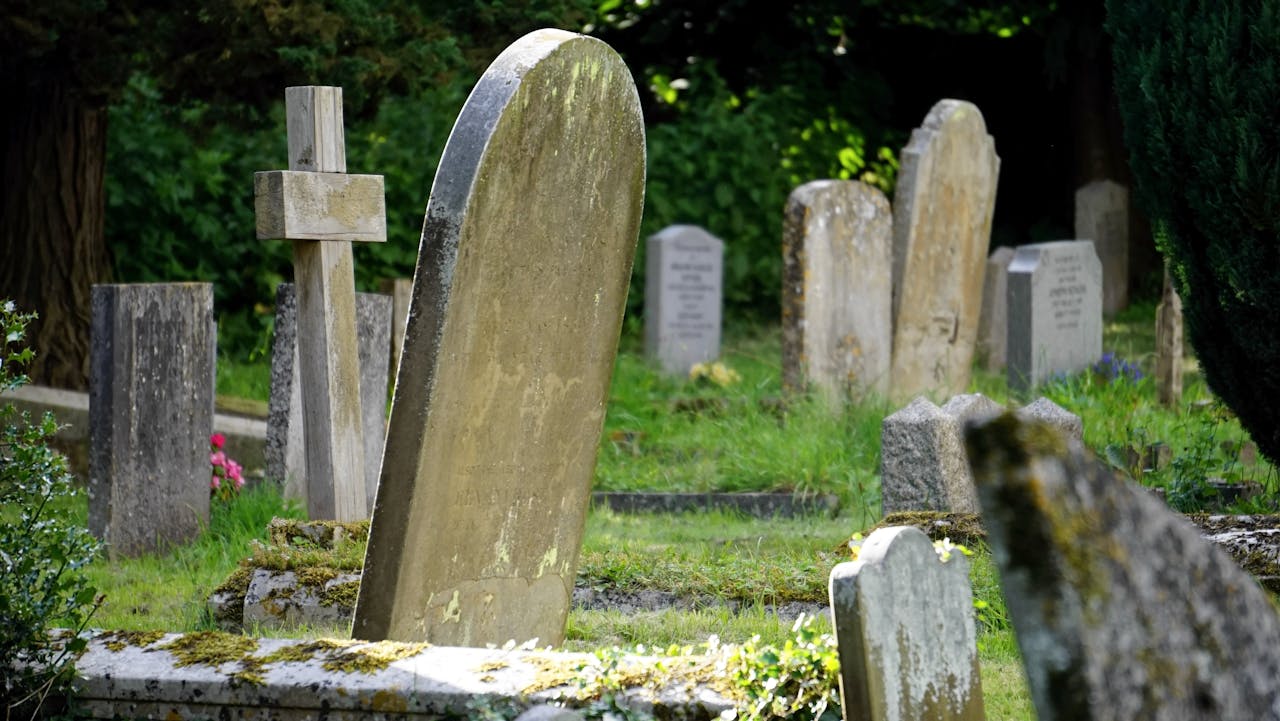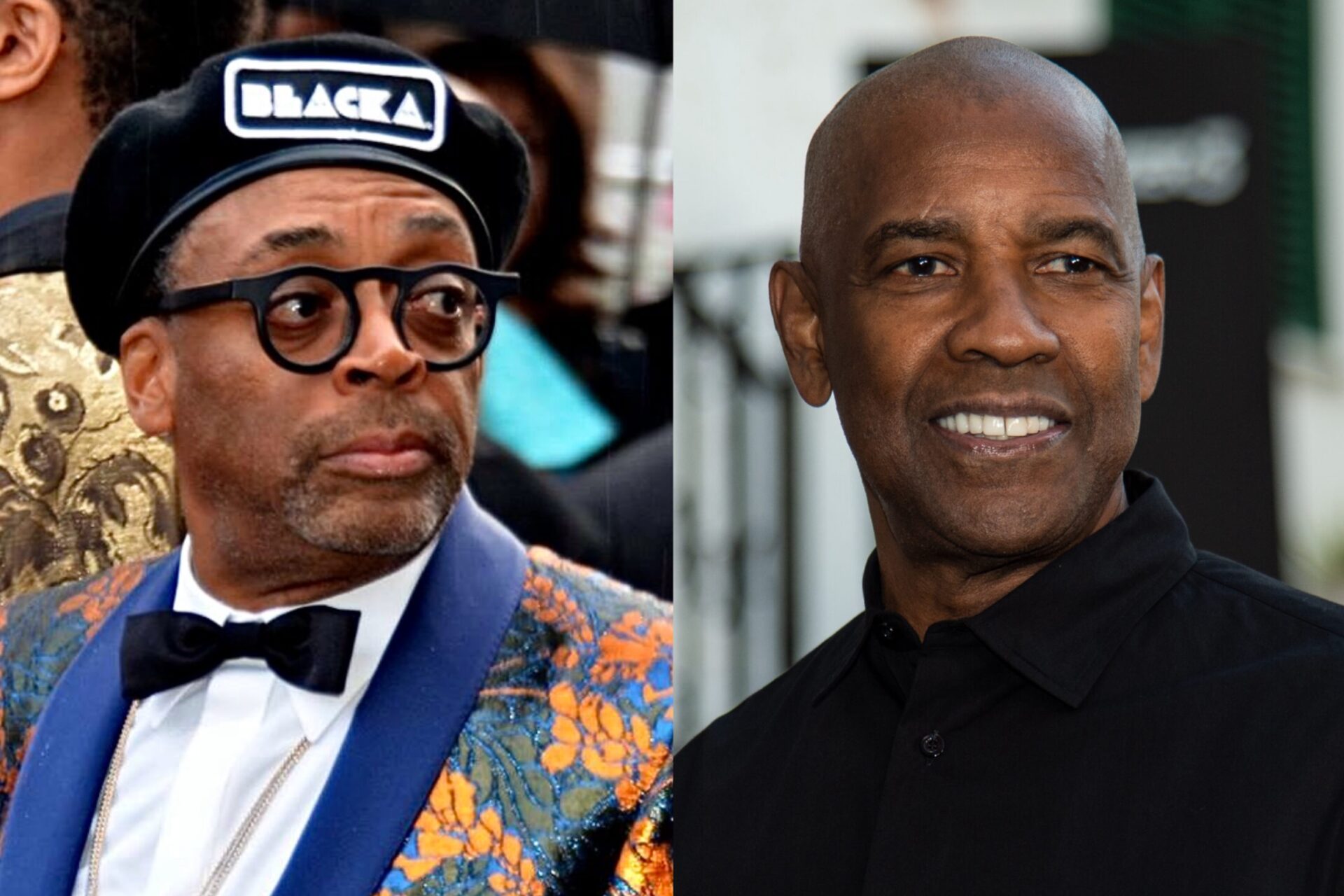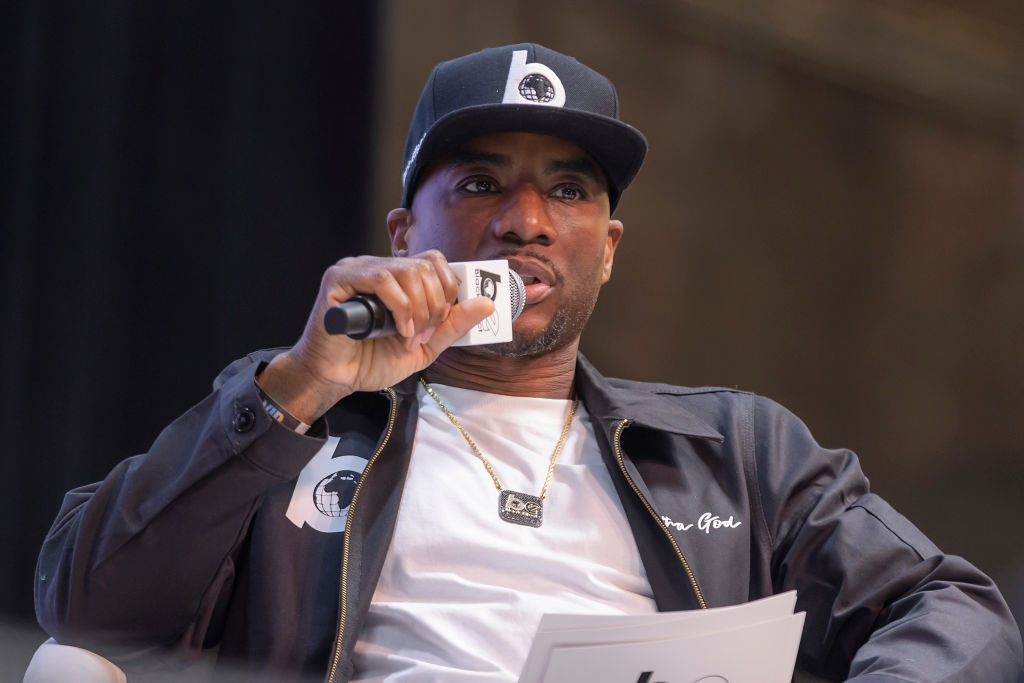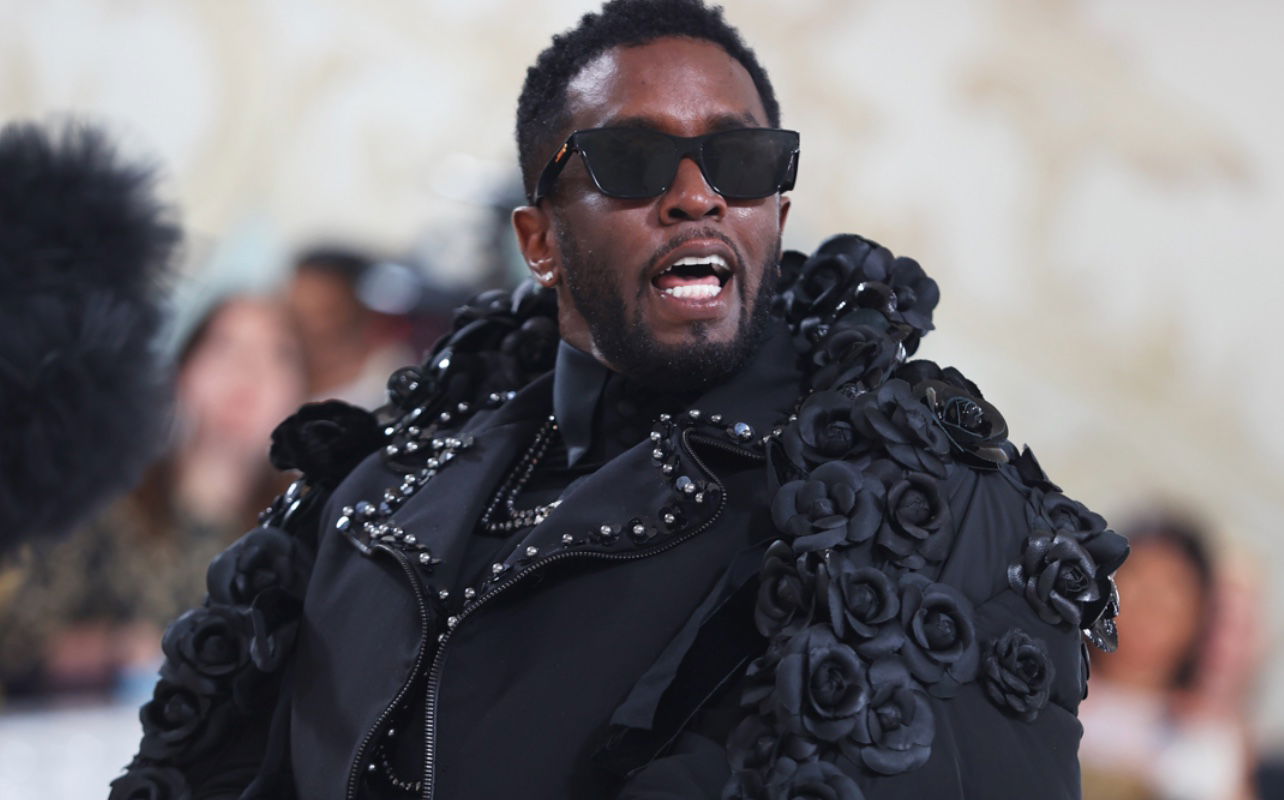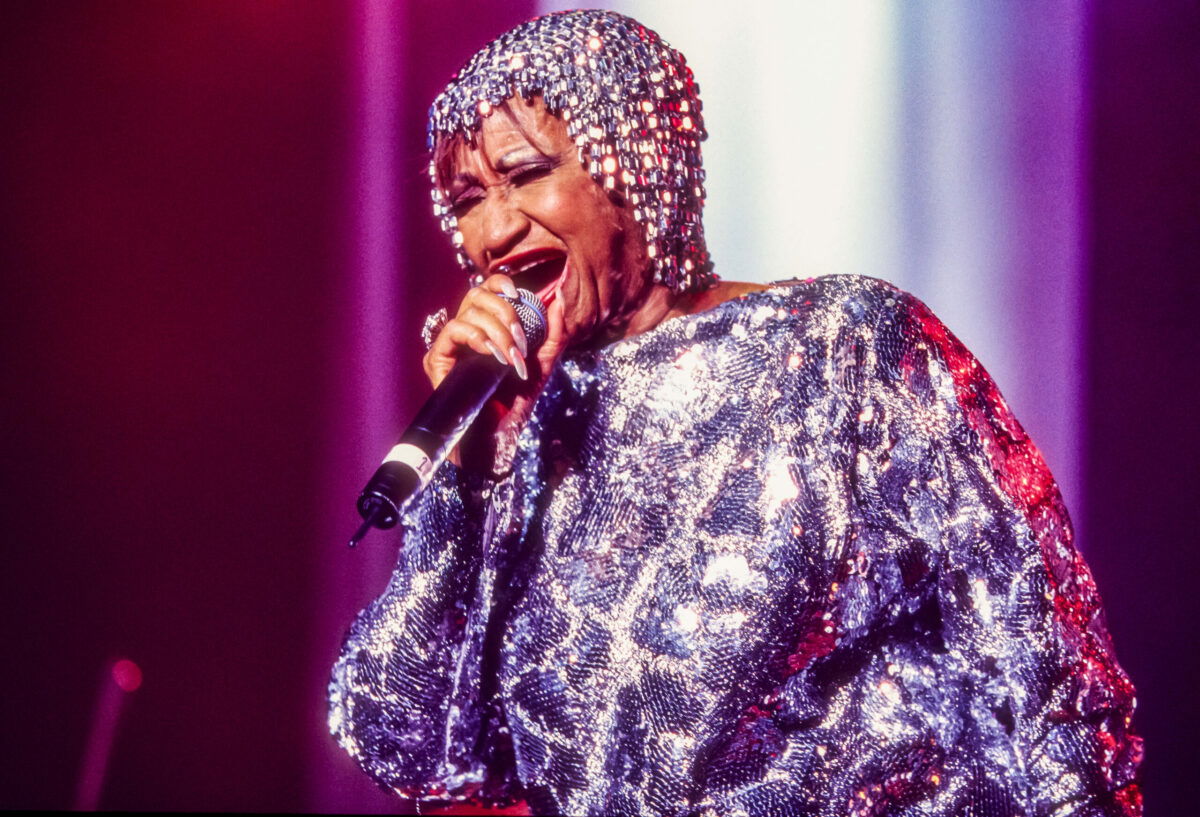
October 24, 2025
Shilo Sanders Accused Of Making Unauthorized Bank Transfers
A trustee in Shilo Sanders' bankruptcy case has accused him of making unauthorized bank transfers totaling approximately $250,000.
A new development in former Colorado Buffaloes player Shilo Sanders’ bankruptcy lawsuit has emerged: A trustee in the case has accused him of making unauthorized bank transfers totaling approximately $250,000.
According to USA Today Sports, the Trustee, David Wadsworth, made the accusation in a court filing on Oct. 22. He is seeking to recover the money allegedly transferred from the account, claiming Sanders violated bankruptcy laws by doing so.
The former Tampa Bay Buccaneers player filed for a Chapter 7 bankruptcy in October 2023 after he was sued and, after not appearing in court, ordered to pay a default judgment of $11.89 million to a security guard who accused the football player of assaulting him in 2015. Wadsworth states that he is seeking to recover funds that included the income the football player received during college from his name, image, and likeness (NIL) earnings.
Wadsworth said that Sanders violated the automatic stay in the case by taking the money after being prohibited from doing so under the stay. He made money through his business company, Big 21, LLC.
“The Trustee also asserts a claim for violation of the automatic stay based upon the Debtor’s (Sanders’) exercise of control over Defendant Big 21, including its bank account,” it states in the complaint. “After the Petition Date, only the Trustee, as the sole member of Defendant Big 21, had the authority to authorize transfers out of Defendant Big 21’s bank account. Nevertheless… the Trustee did not authorize transfers that totaled approximately $250,000.00 out of Defendant Big 21’s bank account after the Petition Date for the benefit of the Debtor.”
The Trustee said that by making the unauthorized transfers from this bank account, Sanders “willfully violated the automatic stay.”
Wadsworth also claimed that Sanders received an NIL contract through another company he created, Headache Gang, after he filed for bankruptcy. Headache Gang received $202,500 in December 2023, after the bankruptcy filing.
“To the extent the Headache Gang Revenue is based on the Debtor’s prepetition NIL contracts, the Headache Gang Revenue is property of the bankruptcy estate,” the complaint states.
Because of this, the Trustee is seeking “turnover all revenue and proceeds of any prepetition NIL contracts entered into by the Debtor and the other Defendants whether that revenue was entered into prior to or after the Petition Date.”



